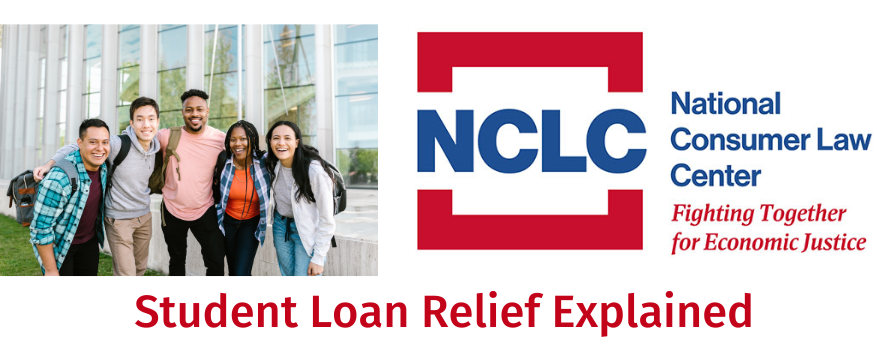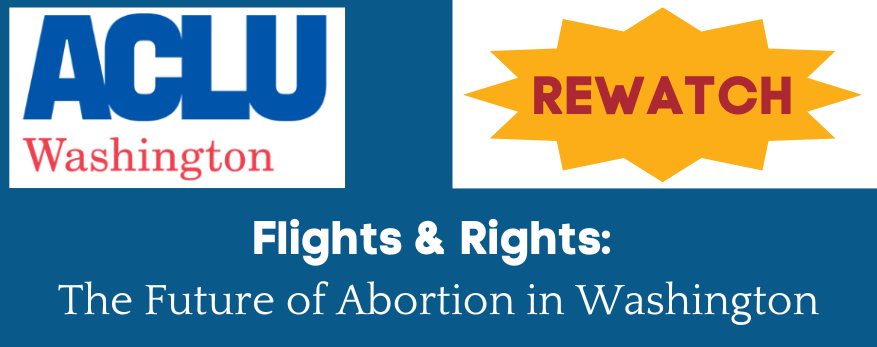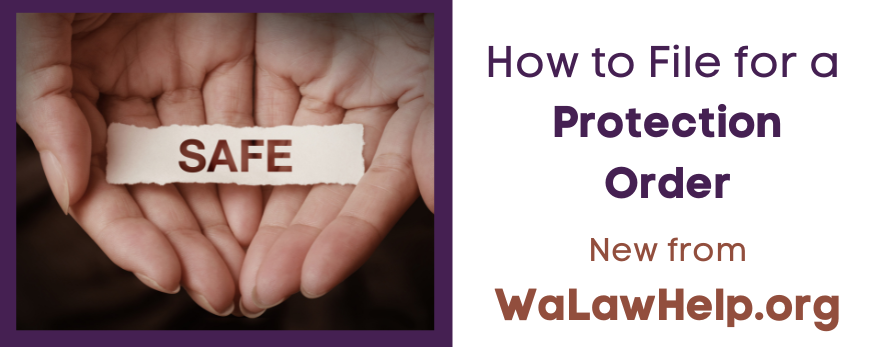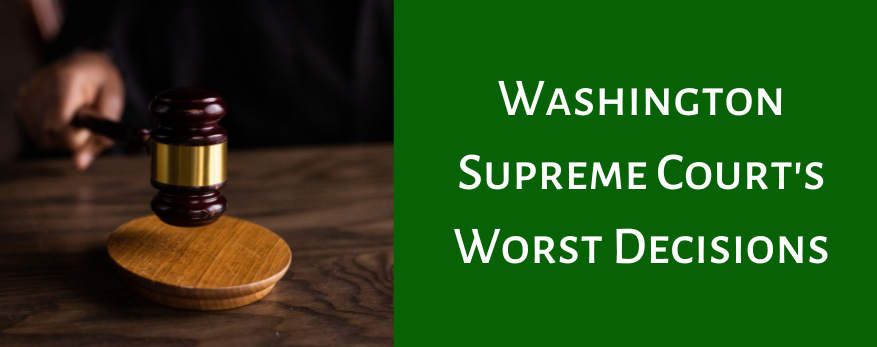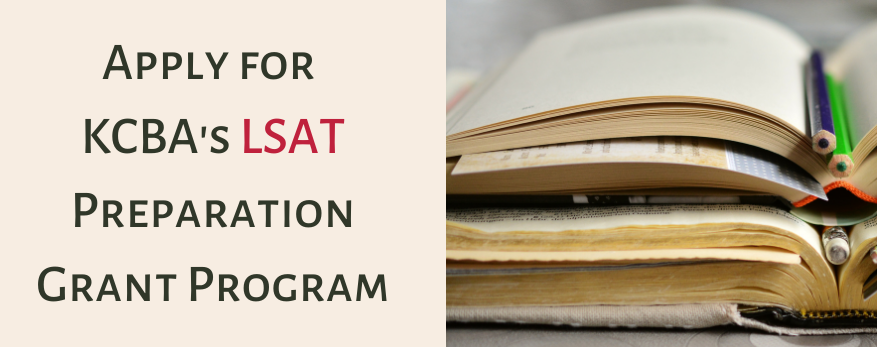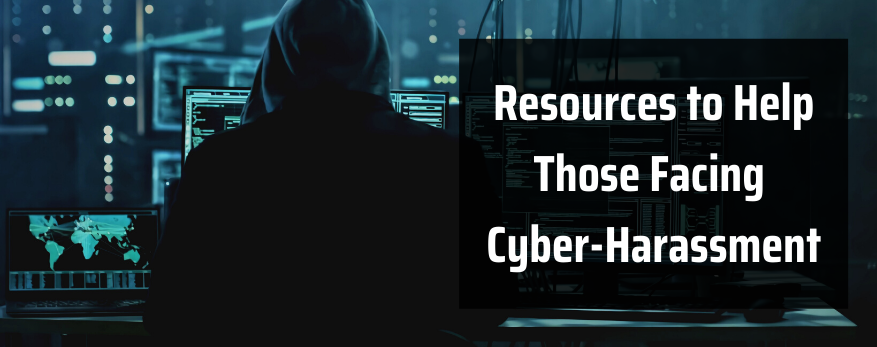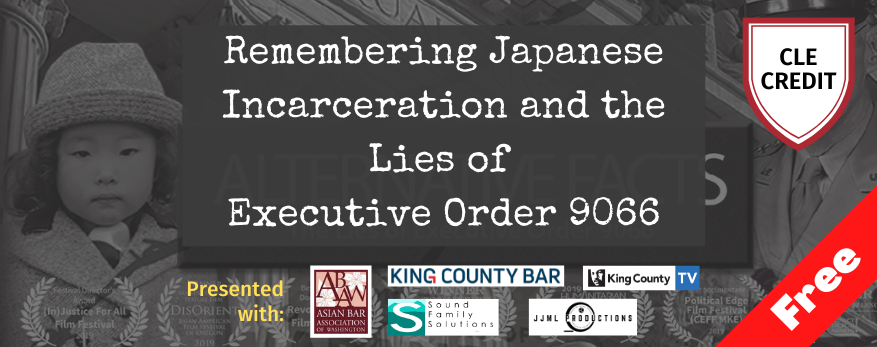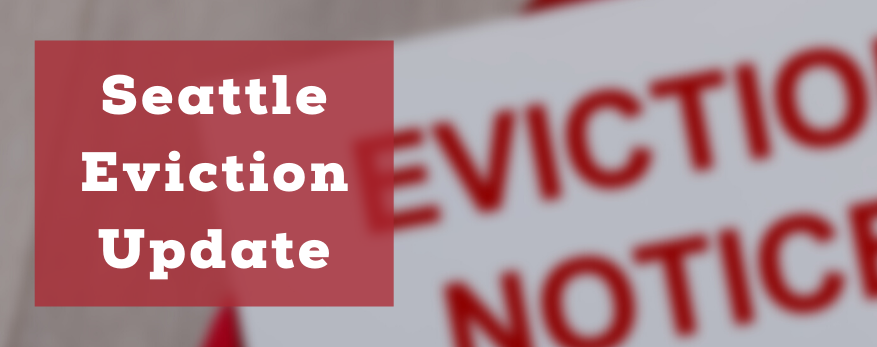
WE GET A LOT OF REFERENCE QUESTIONS AT THE KING COUNTY LAW LIBRARY.
THE REFRAIN GOES THAT BECAUSE WE AREN’T PRACTICING ATTORNEYS, WE CAN’T OFFER LEGAL ADVICE—AS LIBRARIANS, WE CAN ONLY OFFER RESOURCES.
THAT SAID, SOME QUESTIONS ARE VERY INTERESTING & INSPIRE ME TO DO SOME RESEARCH OF MY OWN, COLLECTED HERE IN THIS COLUMN. DON’T CONSTRUE THIS AS LEGAL ADVICE!
****************************************************************************************************************************************
Welcome back to Ross’ Ref Q’s. We had a bye month in July, and to get the Ref Q wheels turning once again, August’s Q is… something of a nothingburger. Instead of highlighting interesting reference strategies, this Q allows me to ruminate on the limits of human capacity and the nature of regret. No, I’m not fun at parties.
The question came from who I assumed was an attorney-type:
Who is defined as a common carrier “passenger” in Washington?
My little knowledge of common carriers comes from reading about the political movement to treat internet providers as common carriers. What they are are essentially logistic companies responsible for transporting goods or services and that are available to the public. Operating as a common carrier opens you up to certain liabilities, because you’re establishing a duty to your passengers or payloads.
Which is enough of a background to ask, well, who is considered a passenger?
The question came in a month or two ago, and I’m unable to faithfully replicate the information search on which I embarked. I know that I opened up Westlaw and therein the digital version of Washington Practice, as I typically do, and I believe I tried using the search box for “common carrier” in the Civil Procedure and Elements of an Action volumes. Why these? I believe the patron suggested Elements of an Action, which I latched onto. Civil Procedure was probably just force of habit. These aren’t an apt fit though, in hindsight, and as such they returned no results. At that point, I think I was flustered and backed away from state-specific resources, and instead retrieved the CJS volume that dealt with common carriers, and sure enough there was a section on what constitutes a passenger. Resource: found. Mission: accomplished-ish.
Returning to the question to see if there was enough meat for this column, I searched all of Washington Practice off the bat, not specific volumes and found… many, many relevant sections: Pattern jury instructions for what constitutes a common carrier passenger in Washington. Lengthy sections in the Torts volume that deal with this very question. How did I miss these? CJS is fine, but these are state-specific and I mean, literal jury instructions (ie plain English statutory heuristics). The Torts volume itself would have ably answered his question, or even the Methods of Practice volume. How did I miss all of this?
I don’t know why I didn’t search more broadly in Washington Practice. And now, months removed, I can’t recall any factors that may have affected me: Was it busy? I don’t remember a line. Was the user impatient? It’s possible, but usually such dispositions don’t influence my work, or I like to think that they don’t. Was I distracted, or was there cause for underperformance? Well, my toddler started daycare in May, and I’ve been sick and harried for most of the time since, which I don’t like to posit- but even so, I routinely locate resources without fail.
It seems to come down to the fact that I’m human and made a mistake, whatever the cause. I don’t consider myself a perfectionist, but even a slight error like this seems to haunt me. Part of it is the ramifications of law librarianship- what if I gave a similarly off base resource to a pro se patron? What if someone relied on an authority I provided, which led to their complete and utter ruin?
That would suck for sure. But I have to remind myself I can only do my best, and admit that in my position, I’m more likely to help someone starting off than ruin someone’s long fought progress – if I were able to knock their action into disarray, as a public librarian, it is likely the situation was tenuous and likely to fall into disarray anyway. Or, that’s what I tell myself to push forward.
But there is some research strategy to be gleaned. Fairly obviously, it helps to start with a wide net, then narrow your focus as you go. In this case, starting a search in Westlaw for the Q in all of Washington Practice would have yielded a book in hand within a minute or so. This is true for other databases and physical resources as well- don’t commit yourself to a single chapter if you aren’t certain it’s what you need.
With that, a related consideration barely worth dwelling on is that I’m sure I latched onto Elements of an Action because the user suggested it. I almost never recommend that volume because there’s usually a better fit, so I suppose the user’s suggestion carried additional weight. I wonder if they hadn’t suggested it, would I have performed a general search off the bat? I can’t say, but it’s worth considering that past experience, that of a user or our own experience, shouldn’t constrain our strategy and should be taken with a small grain of salt. Again, keeping an information search more general off the bat is preferred, because, in this situation, a general search of Washington Practice would have displayed chapters from Elements of an Action anyway, if they existed.
There’s also the matter of defining good enough. From what I recall, the attorney was grateful for the CJS chapter and carried on his way. If the user was happy, it’s possible that resource was “good enough.” I should smile more.
Join us next month for another great Ref Q—hopefully one less suited to my depressive inclinations. シ
